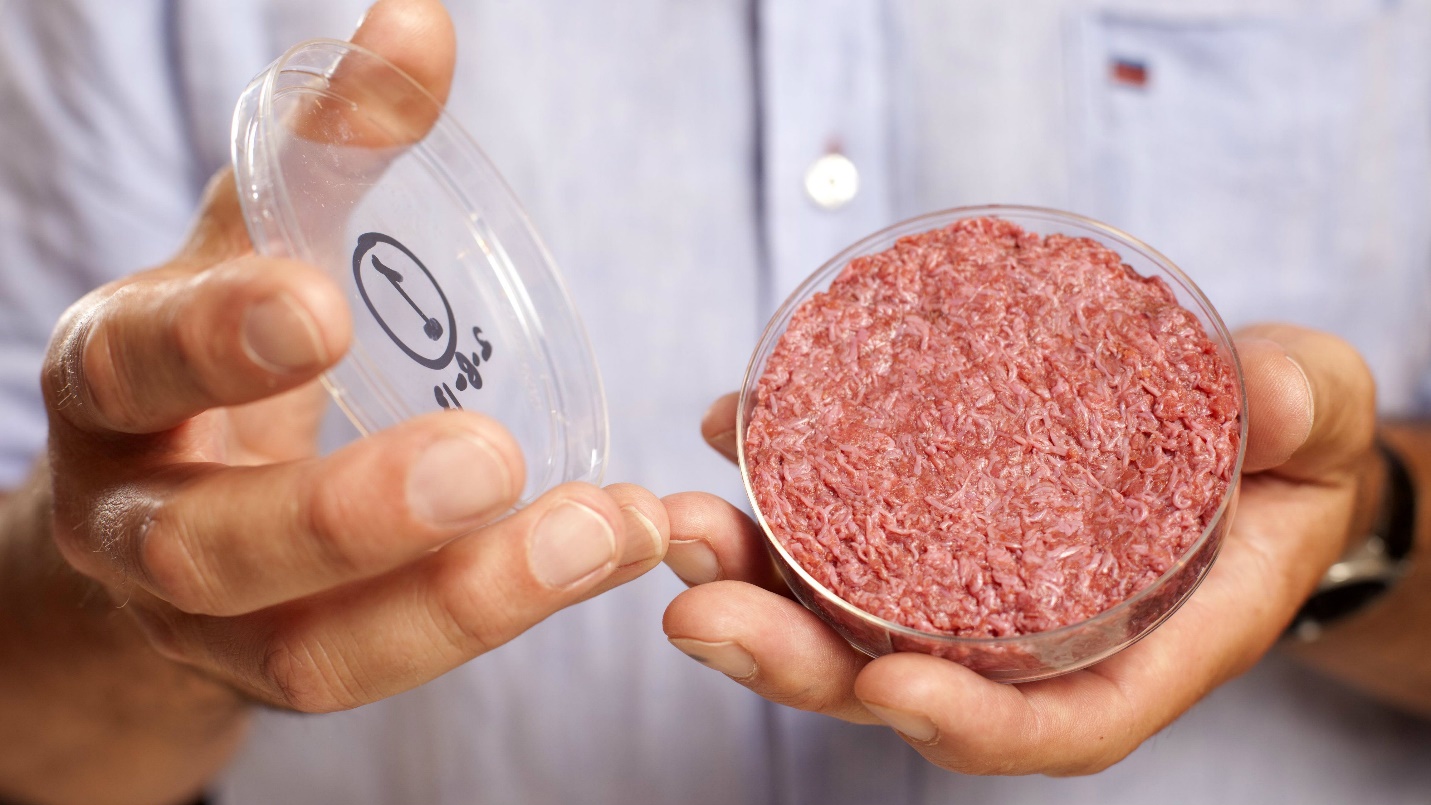Written by guest blogger, Angela Lee.
Science and technology have indisputably allowed humans to live healthier and wealthier than ever before. However, there is also a dark underside to this unprecedented prosperity. The unforeseen, unintended, and often unwelcome consequences of scientific and technological interventions are often overlooked in the enthusiasm about both their actual accomplishments and promissory potentials. Negative consequences are particularly apparent in the realm of food and agriculture, where rampant environmental degradation, shocking animal cruelty, and persistent social injustices have been some of the steep prices paid for cheaper, faster, more abundant, and more processed food.
Food is important to all of us, whether we like it or not, and to choose what we eat—whether in the form of indulgence or abstention—is to make inherent choices about ecological destruction, public health, global hunger, and animal welfare, whether intentionally or otherwise. Recent market trends suggest that consumers are becoming more attentive to the broader implications of their dietary choices, both individually and in the aggregate. Beyond growing environmental- and health-consciousness and awareness of farmed animal suffering, burgeoning interest in vegetarianism and veganism have also been driven by the increasing viability of vegetarian and vegan diets, enabled in part by innovations in the area of cellular agriculture.
However, in addition to the traditional dichotomy of meat-eaters and plant-eaters, we are now seeing the formation of a murky space in between, attributable to a cadre of new and emerging scientific and technological developments currently at various stages of research and development. Examples include in vitro meat (also popularly referred to as “cultured meat” or “clean meat”, amongst other names), “animal-free dairy products”, and “chickenless eggs”. Each of these promises to reduce or eliminate the death and suffering of living bodies in the production of flesh food and other animal products. The reality, though, might be slightly more complicated.
In vitro meat (IVM) is derived from a tissue engineering process that involves growing muscle tissue using starter stem cells from live animals, which are put into a culture medium where they proliferate with the help of a bioreactor, eventually becoming an edible flesh food. There are currently several different labs and startups around the world working towards making mass-produced IVM a commercial reality, including Memphis Meats, SuperMeat, and MosaMeat. IVM has already generated a great deal of attention and interest in the media, by investors, and within academia, with discourses about animal welfare, environmental sustainability, human health, and food safety being commonly invoked as strong arguments in favour of IVM and other related products. Yet, there is also a palpable unease about these kinds of technological interventions, and a range of important considerations that need to be thought through and debated within public discourse before they are adopted en masse as viable and appropriate alternatives to conventional modes of production and consumption.
Law plays a pivotal role in mediating the trajectory of new technologies. Unfortunately, in this particular context, the law has struggled to keep pace with the rapid pace of technological development, exacerbated by the already fragmented nature of the food law and policy landscape. Ethical considerations may also be falling by the wayside in the rush to embrace technological fixes for complicated problems. The goal of building a just, sustainable, and equitable food future for all is by no means a simple undertaking, and will require a multiplicity of voices, strategies, and tools in order to get there.
Critical perspectives, including feminist ones, have worked to shed light on the fact that dominant discourses, structures of power, and institutional biases can obscure the reality that a rising scientific and technological tide does not necessarily raise all ships. Indeed, the distribution of the burdens and benefits of technologies are often profoundly uneven. Despite their claims to objectivity and neutrality, science and technology can themselves function as forms of ideology—infused with a particular set of implicit assumptions—with the knowledge and outcomes they produce being partial and incomplete as a result. In an effort to provide a more nuanced consideration of the broader, systemic implications of IVM and other similar developments, my recent article in the Canadian Journal of Women and the Law, “Meat-ing Demand: Is In Vitro Meat a Pragmatic, Problematic, or Paradoxical Solution?” engages an ecofeminist perspective in addressing the question of whether IVM truly is a silver bullet, or whether it simply represents the trading of one set of problems for another. At this fork in the road, I encourage you to take pause before picking up the fork on your plate and reflect on the intra-generational, inter-generational, and inter-species injustices associated with food production and consumption, and the myriad ways they intersect.
Angela Lee is a PhD candidate at the University of Ottawa, Faculty of Law. Her doctoral research focuses on issues related to the environment, technology, animals, feminism, and food. She co-teaches a seminar on Food Law at the University of Ottawa, Faculty of Law, and is co-editing a forthcoming volume on Food Law in Canada. Her article “Meat-ing Demand: Is In Vitro Meat a Pragmatic, Problematic, or Paradoxical Solution?” can be found in the latest issue of the Canadian Journal of Women and the Law. Read it here: https://doi.org/10.3138/cjwl.30.1.1.

Comments on this entry are closed.